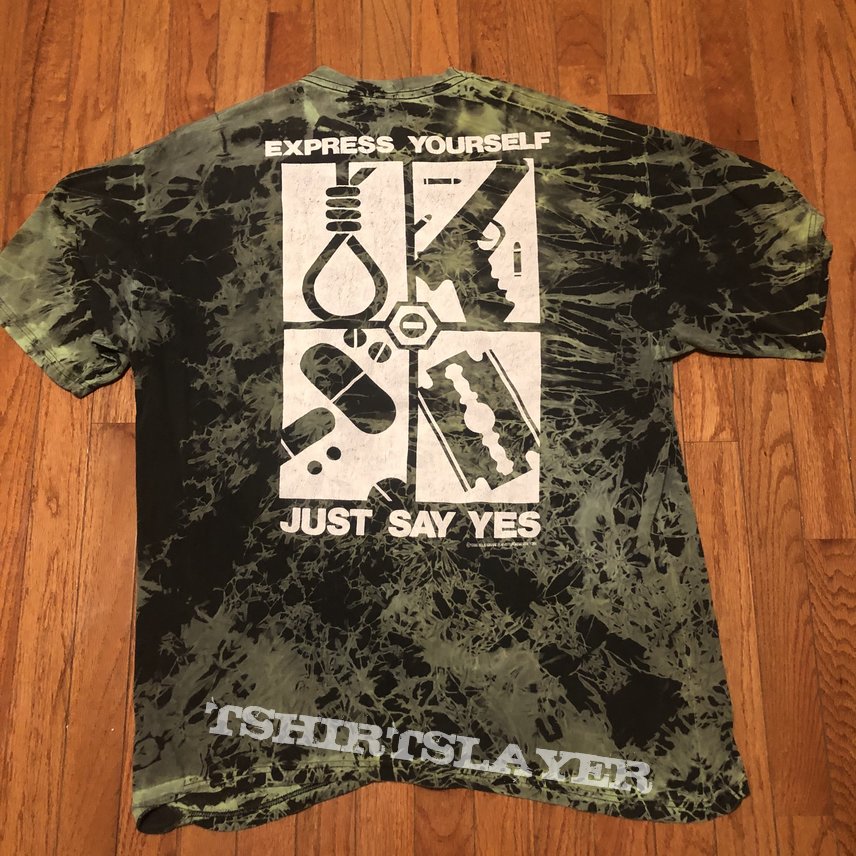

Or, you may specifically choose not to interact with your or other people’s children. any activity that helps calm the anxiety or prevent the thought from occurringĪvoidance refers to trying to avoid people, activities, objects, places, and so on that may trigger your POCD thoughts and fears.įor example, you might avoid parks, schools, or other areas where children may be present.constantly asking about thoughts and fears with loved ones.

obsessively washing hands or body after contact with children.POCD reassurance involves behaviors that you may engage in to prevent POCD thoughts and fears. anxiety related to the unwanted sexual thoughts or fears of being a pedophile.obsessive fears of being or becoming a pedophile.intrusive thoughts of sexual attraction, actions, or other thoughts involving children.not making eye contact with others because of feelings of shame or fear that they’ll judge you as a pedophile.avoiding events or places where children may be present.Some common themes in symptoms can include: You may have different thoughts or triggers than other people with POCD. Pedophilia OCD doesn’t look the same for each person. fear that you’re not with the right person.failure to get aroused from contact with them may mean you no longer love them.fear of not being good enough for your partner.seeing another attractive person may mean you’re unfaithful to your partner.Instead, your fearful thoughts can include:

Unlike harm OCD, the thoughts don’t revolve around the fear of hurting others. Relationship OCD also involves obsessive thoughts.
 giving in to the desire to hurt another person. This can include fearful thoughts such as: HOCD involves obsessive thoughts about potentially hurting others. Harm OCD (HOCD) and relationship OCD (ROCD) are both often grouped together as purely-obsessional OCD. avoiding objects, situations, people, or places that might trigger the obsessional thoughts. various types of checking such as internet searching or taking note of bodily reactions and sensations. Because while a person may not display compulsions you can see, a person with any form of OCD will likely have at least some outward compulsions, including: Purely-obsessional OCD is a term some people use to refer to a type of OCD in which you might mistakenly believe you have no outward compulsions or behaviors and only upsetting intrusive thoughts. Purely-obsessional OCD: POCD, HOCD, and ROCD A person with POCD is actually terrified of being a pedophile and will typically go to great lengths to avoid any thoughts or actions that indicate pedophilia. If you or someone you love has POCD, it’s important to realize that you (nor they) are a pedophile. breaking society’s moral codes (moral scrupulosity). being attracted to an inappropriate or wrong type of person (sexual orientation OCD or relationship OCD). acting violently against vulnerable people (harm OCD). This type of OCD combines several common types of compulsions, including the fear of: Pedophilia obsessive-compulsive disorder (POCD) is a form of OCD involving an obsessive fear of being or becoming a pedophile. They often fear things that have to do with the loss of their identity. People with OCD typically experience unwanted, intrusive thoughts and feelings (obsessions), and may create behavioral “rituals” (compulsions) to try to neutralize anxiety and discomfort from obsessions. Obsessive-compulsive disorder (OCD) is a chronic condition affecting around 4% of the population. Casual elegance will make it an instant favorite in everyone's wardrobe.: Classic fit. This tee has the classic cotton look and feel. Item: 143795232458 Type O Negative Express Yourself Logo Men's Black T-Shirt Size S M L XL 2XL 3XL.
giving in to the desire to hurt another person. This can include fearful thoughts such as: HOCD involves obsessive thoughts about potentially hurting others. Harm OCD (HOCD) and relationship OCD (ROCD) are both often grouped together as purely-obsessional OCD. avoiding objects, situations, people, or places that might trigger the obsessional thoughts. various types of checking such as internet searching or taking note of bodily reactions and sensations. Because while a person may not display compulsions you can see, a person with any form of OCD will likely have at least some outward compulsions, including: Purely-obsessional OCD is a term some people use to refer to a type of OCD in which you might mistakenly believe you have no outward compulsions or behaviors and only upsetting intrusive thoughts. Purely-obsessional OCD: POCD, HOCD, and ROCD A person with POCD is actually terrified of being a pedophile and will typically go to great lengths to avoid any thoughts or actions that indicate pedophilia. If you or someone you love has POCD, it’s important to realize that you (nor they) are a pedophile. breaking society’s moral codes (moral scrupulosity). being attracted to an inappropriate or wrong type of person (sexual orientation OCD or relationship OCD). acting violently against vulnerable people (harm OCD). This type of OCD combines several common types of compulsions, including the fear of: Pedophilia obsessive-compulsive disorder (POCD) is a form of OCD involving an obsessive fear of being or becoming a pedophile. They often fear things that have to do with the loss of their identity. People with OCD typically experience unwanted, intrusive thoughts and feelings (obsessions), and may create behavioral “rituals” (compulsions) to try to neutralize anxiety and discomfort from obsessions. Obsessive-compulsive disorder (OCD) is a chronic condition affecting around 4% of the population. Casual elegance will make it an instant favorite in everyone's wardrobe.: Classic fit. This tee has the classic cotton look and feel. Item: 143795232458 Type O Negative Express Yourself Logo Men's Black T-Shirt Size S M L XL 2XL 3XL.








 0 kommentar(er)
0 kommentar(er)
